Since the beginning of the harvest season, pear exports have remained relatively stable, showing a steady overall increase. Meanwhile, the domestic market has experienced fluctuations. Before New Year's Day and the Spring Festival, both prices and sales were sluggish. However, since late February, prices have gradually recovered, sales have rebounded, and export demand has strengthened," said Mr. Guo Zhongtao from Botou Dongfang Fruit Co., Ltd., a producer and exporter of Chinese pears.
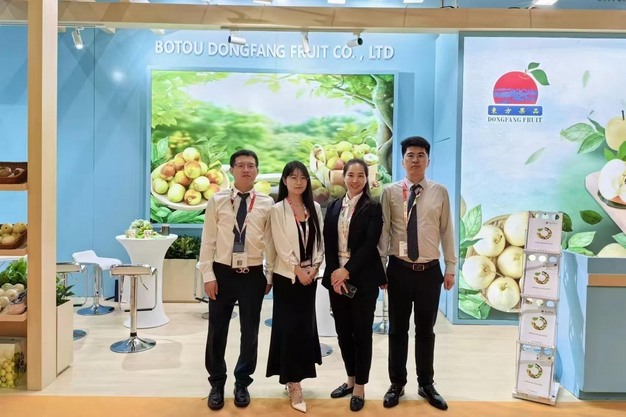
Explaining the earlier price dip, Guo pointed out that an oversupply of both imported and domestic fruits had driven prices down, impacting pear sales. Additionally, some orchards had a delayed harvest, leading to quality and shelf-life issues for certain pears, which could only be sold at lower prices. This, in turn, affected the market position of standard pears.
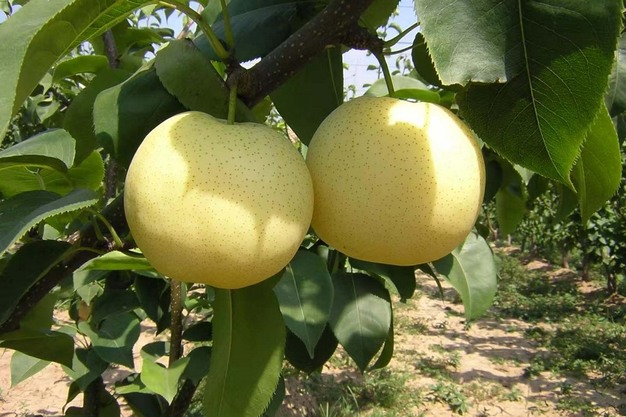
Discussing the recent price rebound, Guo attributed it to a combination of domestic and international market factors: "In the domestic market, last week marked the traditional Chinese solar term Jingzhe, during which there is a cultural practice of eating pears. This seasonal habit helped boost sales. Additionally, the supply of lower-quality pears has been depleting, allowing prices to recover. Furthermore, due to reduced production this season, more than half of the regular pear stock has already been sold, contributing to the price and sales rebound."
"In the export market, apart from regular demand, stocking for Ramadan in some regions has driven additional orders, while lower shipping costs have also boosted exports."
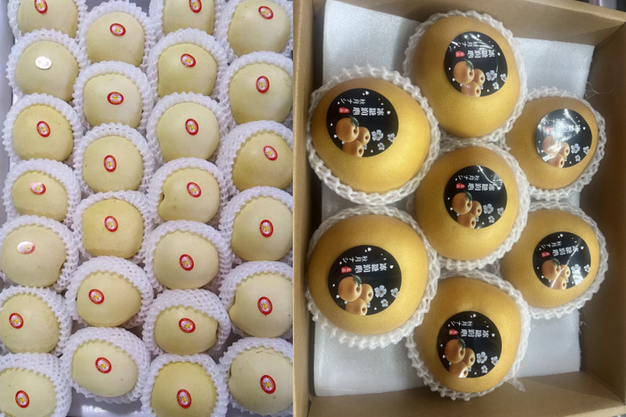
It is worth noting that during the previous production season, the EU placed particular scrutiny on the residue levels of chlormequat in certain imported Chinese pears. As a result, in October last year, EU representatives, along with Chinese Customs officials, conducted inspections of several pear export companies in Hebei. Dongfang Fruit, representing Cangzhou, Hebei, was among the inspected enterprises. "We had discussions with EU representatives and customs officials, who reviewed our processing, management, traceability systems, orchards, pesticide application, and various pest control measures. The inspection results met all required standards and did not impact Chinese pear exports," Guo confirmed.
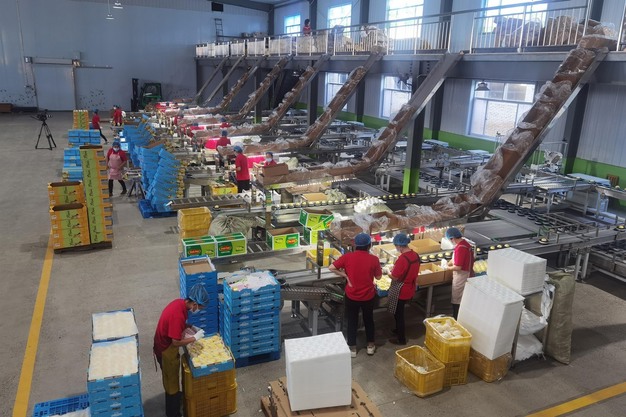
Dongfang Fruit exports to markets including the United States, Canada, Europe, Australia, New Zealand, South America, and Israel. Guo noted that almost all export markets have seen growth this season. Additionally, he observed a shift in market preferences, with buyers increasingly prioritizing taste and food safety over visual appearance.
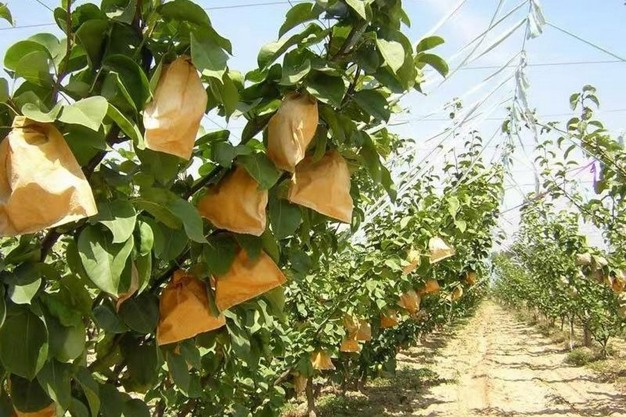
"We remain optimistic about the future of Chinese pears. Over the past few years, we have cultivated our own Qiuyue pear orchards in Hebei. This year, these pears will enter the market in large quantities for both export and domestic sales."

